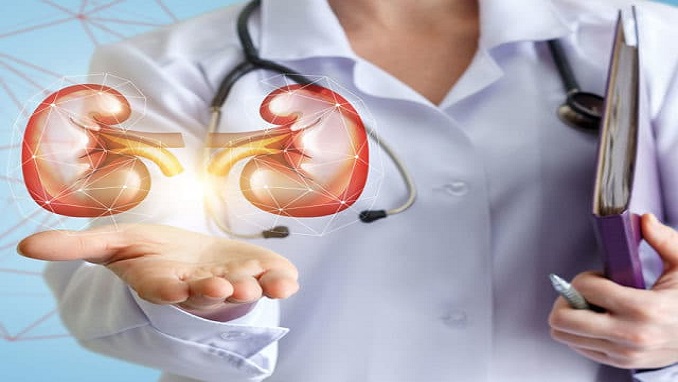While “37 million people in the United States are estimated to have chronic kidney disease (CKD),” most don’t know about it, according to the National Institute of Diabetes and Digestive and Kidney Diseases (NIDDK).
“As many as 9 in 10 people are not aware that they have CKD” because the disease is often not apparent until the kidneys are already significantly impaired, according to NIDDK.
Worldwide, an estimated one-in-10 adults have CKD, which, if left untreated, is potentially deadly, says the World Kidney Day’s (WKD) website. “Kidney disease-related mortality continues to increase yearly and is projected to be the fifth leading cause of death by 2040,” the website says.
However, the morbidity and mortality caused by CKD can be prevented with early detection, disease care, and management.
March is National Kidney Month, a time for greater awareness of the disease and of health measures to protect our kidneys.
Build your path to better kidney care
Along with a family history of kidney failure, the major factors for developing kidney disease and kidney failure are high blood pressure and diabetes. That is why the key to preventing or slowing down the progression of kidney disease is strict control of blood sugar levels and managing high blood pressure, according to NIDDK.
So, the first thing to do, the National Kidney Foundation of Florida advises: “Get Tested! Ask your doctor for an ACR urine test or a GFR blood test annually if you have diabetes, high blood pressure, are over age 60, or have a family history of kidney failure.”
“The sooner you know you have kidney disease, the better,” says NIDDK. “The steps you take to protect your kidneys from damage also may help prevent heart disease and improve your health overall.”
Among other measures to protect your kidneys and to manage kidney diseases, health experts recommend several simple steps, such as regular monitoring of your kidney health by medical professionals, stopping smoking, getting enough sleep, exercising regularly and keeping a healthy weight, and taking prescribed medicines.
WKD also underscored the importance of extending kidney patient education “to empower patients, their care-partners, and their support systems to achieve the health outcomes and life goals that are meaningful and important to those with CKD including kidney failure.”
Climate change negative effects on kidney disease
Climate change may also be impacting our kidney health, according to a recent study from Brazil.
The study results published in The Lancet show that “for every 1°C increase in daily mean temperature, the estimated risk of hospitalization for renal diseases over 0–7 days increased by 0.9% at the national level.”
As the Biotechnology Innovation Organization pointed out, “Biotech has a role in addressing kidney disease from all fronts—from developing new medicines to treat kidney disease and ensure successful transplants, to also, it seems, addressing carbon emissions and temperature rise with fossil-fuel alternatives.”




